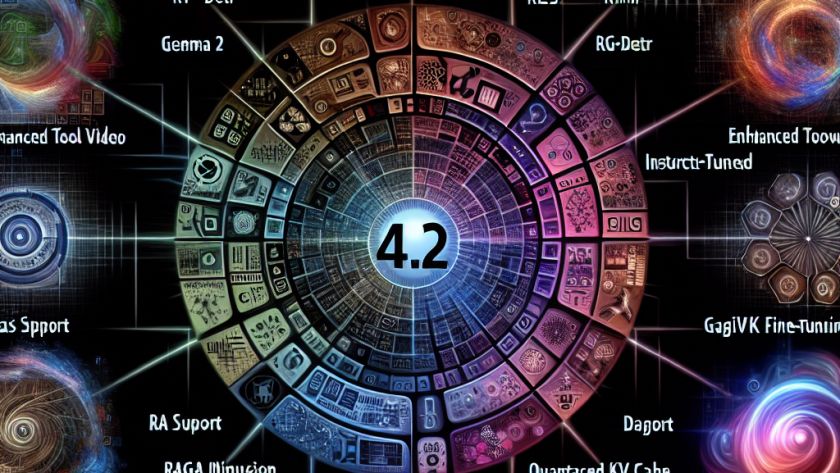Machine learning pioneer Hugging Face has launched Transformers version 4.42, a meaningful update to its well-regarded machine-learning library. Significant enhancements include the introduction of several advanced models, improved tool and retrieval-augmented generation support, GGUF fine-tuning, and quantized KV cache incorporation among other enhancements.
The release features the addition of new models like Gemma 2, RT-DETR, InstructBlip,…












